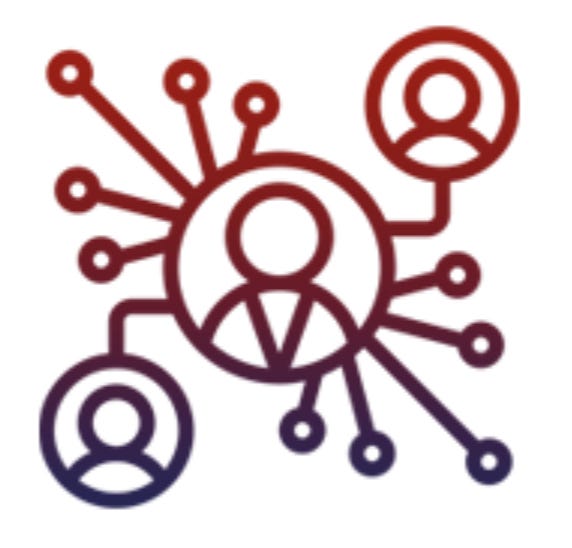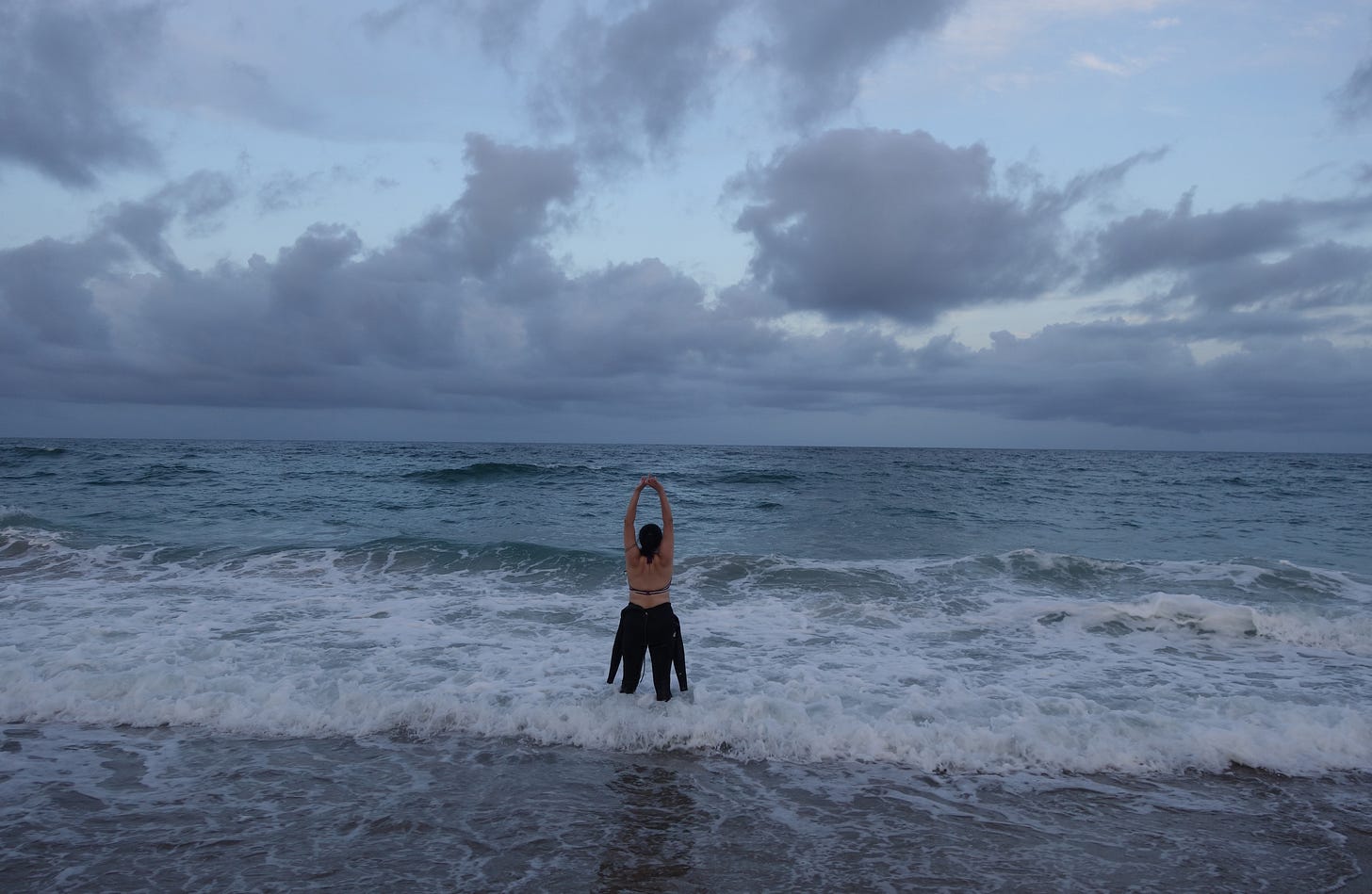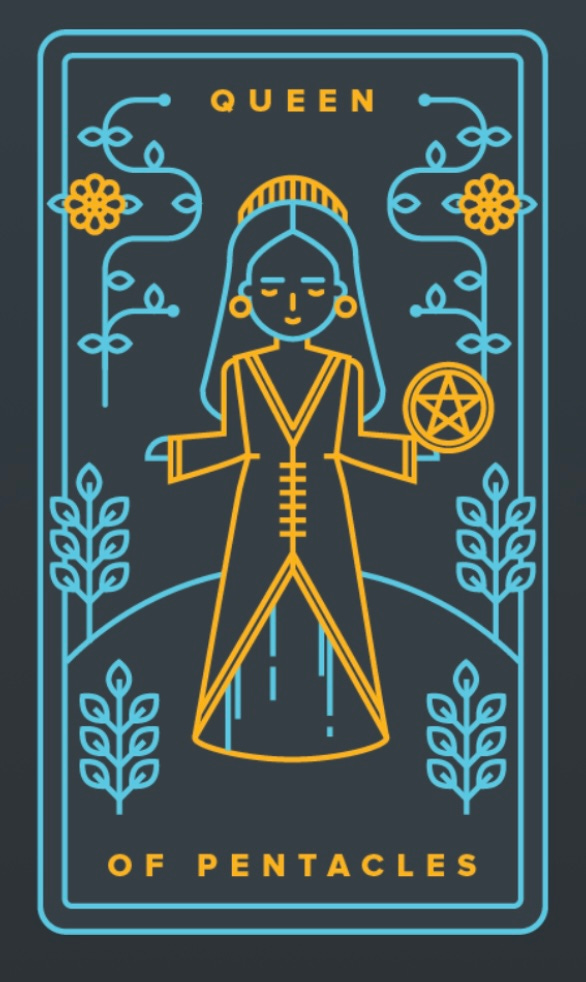I’m finally doing it! I’ve been promising a bunch of y’all that I’m launching my newsletter, and it’s finally here. Excited.
I’m going to focus on social impact insights, often based on issues and questions I hear from clients, colleagues, and friends in social justice work.
And I’m dividing the newsletter into 3 sections:
Social Impact Insights
Surf Synthesis
Tarot Inspiration
Social Impact Insights
[Image by Lorissa Shepstone/Being Wicked LLC]
We’re starting with a difficult topic. This March 16th was the one-year anniversary of the killing of eight people at Atlanta-area Asian spas: Xiaojie “Emily” Tan; Daoyou Feng; Delaina Yaun; Paul Michels; Suncha Kim; Soon Chung Park; Hyun Jung Grant; and Yong Ae Yue. As we all learned immediately, six of the victims were Asian women, and the killings happened in the context of rising awareness of anti-Asian bias and violence.
We all know this bias and violence is ever-present, and the sense of invisibility many Asian women are forced to carry is perpetuated at work, in our legal systems, and in so many aspects of our broader culture.
But what many Americans don’t know is how deeply our legal history plays a role in this culture of bias and invisibility. The 1875 Page Act—our country’s first federal immigration law—treated women from Asian backgrounds as sex workers, as the stranger at the gate, and as a sexual power to be feared and denigrated, rather than as assets and leaders in our communities. The Page Act literally refers to “lewd and immoral purposes,” and specifically names prostitution as a concern several times, focused on women from China, Japan, or as the law states: “any Oriental country.”
As our immigration laws have developed and gotten more intricate over the past 150 years, this directive has remained as a baseline. Our immigration laws operate in ways that focus on subtle aspects of race, gender, and socioeconomic class as the bases for a roadmap to legal entry and citizenship. We even have specific bars to legally entering the United States, and grounds for removal, based on the possibility of a person having been involved in prostitution. And so we see that law and culture wash each other’s hands to codify and maintain these “othering” mindsets and policies that set the stage for tragedy.
We all say that representation matters, and representation in the law as “the other” absolutely resonates in life and culture as an idea that Asian women are acceptable targets. In the last year since the Atlanta-area shootings, more violence against Asian women has made the headlines, including the January 2022 subway killing of Michelle Go in New York City. Devastating.
But the good news is, Asian women from all backgrounds are rising up together; raising money; speaking out on social media and at rallies; and advocating with government and the private sector to do more to include, protect, and champion Asian women. The last seven years, and especially the last two years of pandemic + racial reckoning have been exhausting for everyone. And yet Asian women are going against stereotype big time and using our collective strength and anger to organize and advocate, and 2022 is looking to be a banner year for flexing that kind of political muscle.
Surf Synthesis
[Photo by Jeffrey Yamaguchi]
I always say, I do my best thinking when I’m sleeping and when I’m surfing, two of my favorite activities. I’m going to use this section to share stuff that synthesizes for me without any effort when I’m out in the water. Usually about life, social justice, and pop culture.
Given what’s been in the air around us RE Asian women, bias, and violence, I’ve been thinking a lot about Female Rage, which is something I tend to focus on a lot anyway. Added to this is the anger so many women have felt during the pandemic as they juggled work, family, home-schooling, isolation, and care of all kinds with very little support.
And I definitely did a deep dive on Female Rage as I caught up on Showtime’s Yellowjackets, which aired this winter. If you haven’t watched yet, definitely catch up on it. A 10-episode series, renewed for a second season, with amazing writing and acting, about a high school girls’ soccer team that gets stranded in the wilderness, where we meet both their teenage selves and the women some of the survivors grow into 25 years later. I’m officially an obsessed member of the Yellowjackets #Bloodhive. It’s about what it takes to survive, what it takes out of you to survive, and just the roles of anger and resilience in modern girlhood and womanhood. I love stories about angry women, and this show is all about the ways anger and shame feed the traumas, memories, and relationships between the characters. Endlessly fascinating. It’s also got a witchy vibe with references to some of the girls channeling spirits and the other side while trapped out in the wilderness, another thing I’m passionate about.
Tarot Inspiration
[Deck = Golden Thread Tarot/Labyrinthos Academy]
And that leads to tarot. One of the things I focused on during the pandemic was setting up a proper Zoom approach to my tarot reading. Many thanks to y’all who played along as I experimented with different options and gave me great feedback/suggested workable tech options for me. I am now in a rhythm and loving it, getting great feedback from my tarot clients.
I learned tarot after I graduated from law school, and then let it lie untouched for a long time as I became consumed by my social justice career. I turned back to it about seven years ago and haven’t stopped since. I started with offering free sessions to friends and family, and last year friends for whom I did readings started insisting to me that it was time to charge for my services. I’m excited to say I’ve started doing paid sessions, and it is so gratifying to me to see how much folks value my readings.
Every month, I’ll focus on a different card for the month. I decided to start with the card I identify with the most, the Queen of Pentacles. She’s all about being a decisionmaker and caretaker, both at home and out in the world. She nurtures on both an emotional and financial level, and I feel like that’s a relationship I’ve always had at home and at work, whether it’s friends, family, or clients. Pentacles are the Earth sign of tarot, guiding finances, family, and building towards a future. And the Queens are a Water symbol, meaning they rule over emotions and love. That combination has always been a guide to me intuitively, so she’s the card to whom I’m most drawn. My husband Jeff even had a Queen of Pentacles necklace made for me a few years ago.
More to come! Let me know what you want more of in these newsletters, subscribe, and share with others who you think will be interested.






